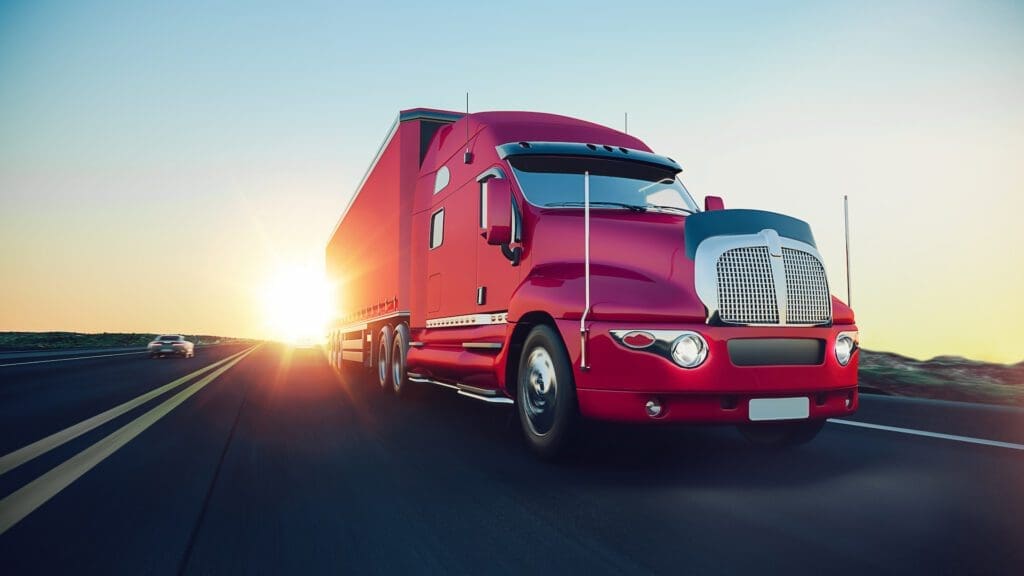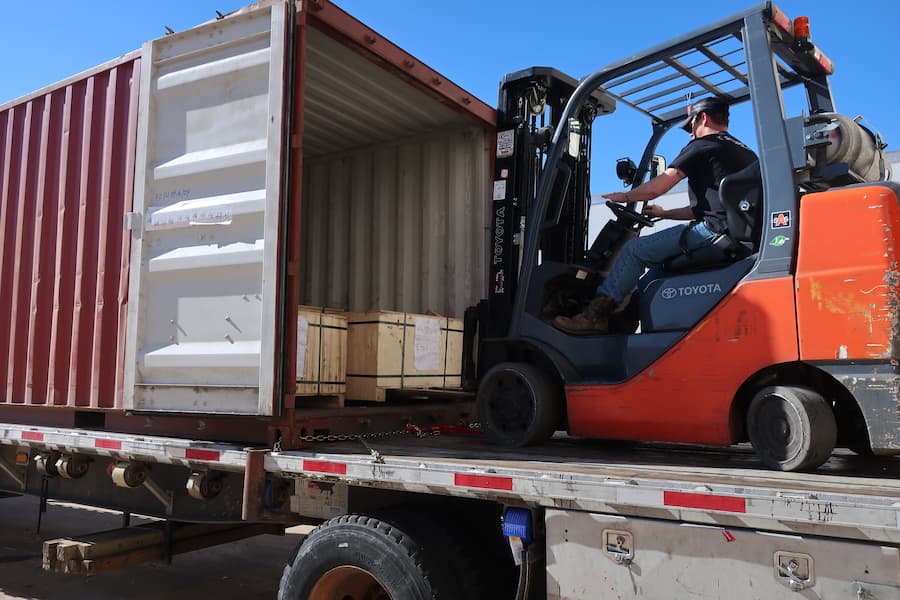If you’re in the transportation business, you’ve heard of the truck driver shortage. Recent articles in the Washington Post have called it a “massive” shortage that’s reached “a crisis level.” According to the American Trucking Association, by the end of 2017, the U.S. needed 51,000 more truck drivers that are currently working, and the numbers are expected to keep rising.
Though there are several possible reasons behind the shortage, one is indisputable: Young people are not considering truck driving as a career. The median age for drivers is 55. The current shortage will only get worse as these drivers retire unless the industry can encourage Millennials to get behind the wheels of the big rigs that keep America trucking.
Who Are the Millennials (and what do they want)?
The age definition of “Millennial” varies from source to source—from those born as early as 1977 to as late as the early 2000s—but the General consensus is that this generation (also called Gen Y) consists of those born in the 1980’s and 1990’s. No matter the definition, Millennials constitute a great portion of the US workforce—and this percentage will continue to grow as Baby Boomers retire.
This generation is very different from the Baby Boomers. Millennials came of age in the shadows of Columbine, 9/11, and the 2008 recession. They embraced technology at an early age, and it is simply a way of life for most of them. They typically prefer working on teams. They’re an incredibly diverse generation: 44.2% belong to a minority race or ethnic group. They have “liberal” viewpoints on many issues. A survey conducted by The University of Texas at Austin’s Stan Richards School of Advertising & Public Relations found that the top five values of Millennials (White, Black, Hispanic, and Asian, aged 18 to 34) are:
- Employers should be required to pay the same salary to men and women who perform the same work.
- Access to good healthcare should be a right granted to all Americans.
- Good and accessible education should be a right of all U.S. citizens granted by the government.
- The government should not be allowed to spy on communications, email, or social media.
- There should be term limits set for members of Congress.
These values are important to Millennials, and to their employers. A recent survey conducted by multinational professional services network Deloitte found that Millennials won’t do work that conflicts with their values: nearly half have turned down jobs for ethical reasons.
But perhaps the most import millennial value, at least to potential employers, is their strong desire to have work that suits their lifestyles and ethics. “There’s an existential element that is quite prominent in the way Gen Y chooses to work who say: ‘I’m not willing to give up most of my life for this because I’m a person, a human being that wants to be happy,’” says Peter Fleming, professor of business and society at Cass Business School in London.
As you can imagine, the typically long hours and sedentary solitary lifestyle of a long-distance trucker don’t often mesh with those values. The trucker stereotype of the middle-aged overweight white guy doesn’t appeal, either.
More Lifestyle Considerations/Issues
There are other Millennial traits which can make driving a less-than-optimum career choice. To begin with, fewer Millennials have drivers’ licenses. The current statistics vary (probably due to the flexible definition of Millennials), a study by the Transportation Research Institute at the University of Michigan reported a 47% decrease in the percentage of 16 to 44-year-old-Americans who have driver’s licenses. Reasons are varied, but a participant in the university’s study said the three biggest reasons were:
- They were too busy.
- Vehicles are too expensive to own and maintain.
- It’s easy to get rides.
Another thing: Millennials like to drink. They drink more liquor than other generations did at their age. This may or may not be a consideration in terms of driving since some surveys indicate that their drinking may have been over-hyped, plus they are the most responsible generation when it comes to drinking and driving. And the millennial drinking trend may be on the wane in general. A 2017 Forbes article argues that many Millennials are beginning to adopt sober lifestyles, preferring connection, authenticity, and mindfulness to booze.
It’s Also About Age…
Millennials may not consider trucking careers simply because of the timing involved. Drivers need to be at least 21 years old in order to cross state lines. By that age, many high school graduates looking for careers that don’t require a college degree have already moved on to other jobs.
…And Money
Trucking pays well—sort of. It takes years of driving not-great shifts on not-great routes to build up the seniority that nets really good pay (and remember that whole “an uncomfortable lifestyle isn’t worth the money” value?) And the pay may not be that good.
“If you look at the federal data, a truck driver in 2006 was actually making more than he or she would be making in 2016 if you factor in the cost of living, “ says LinkedIn Editor Chip Cutter. “It’s a couple hundred dollar difference, but still it shows that wages really have not meaningfully increased to address the shortage.”
There’s another financial barrier: “Generally, trucking school costs between $3,000 and $7,000 for the entire program,” say the editors of alltrucking.com. Though school fees are certainly less than college tuition, they can be out of reach for young people struggling with the rising cost of living, which has increased as much as 22% for non-housing living costs in some cities (Eugene, OR tops the list). Rent has also increased in most major cities, with some (Atlanta, Seattle, and Portland, OR) seeing hikes of more than 5% within the last year.
Getting From Here to There
We’ve listed some of the reasons why Millennials aren’t interested in trucking careers. These are significant problems with no easy answers, but they have to be addressed if we want to avoid a massive driver shortage.
How to tackle those issue and better recruit Millennials? We have some ideas. Check in with us next week to see what they are.
Leave Your Transportation Worries to Us
When you use our services, you don’t have to worry about drivers—or much of anything. At Next Exit Logistics, we earn the trust of our clients with efficiency, transparency, and security. In addition, we understand how to handle freight services for unusual, oversize, or overweight shipments and are certified to arrange the shipment of hazardous materials. To learn more about our services, call Next Exit Logistics at 866-624-2661 or contact us via email.




